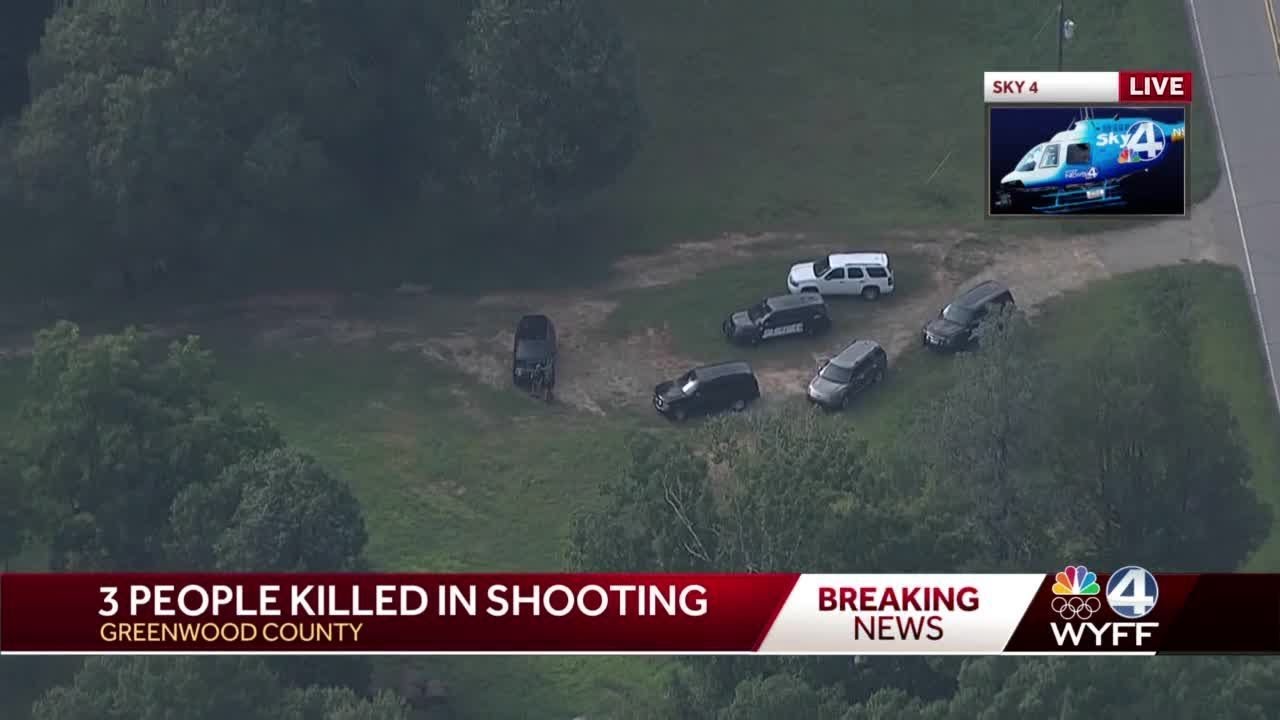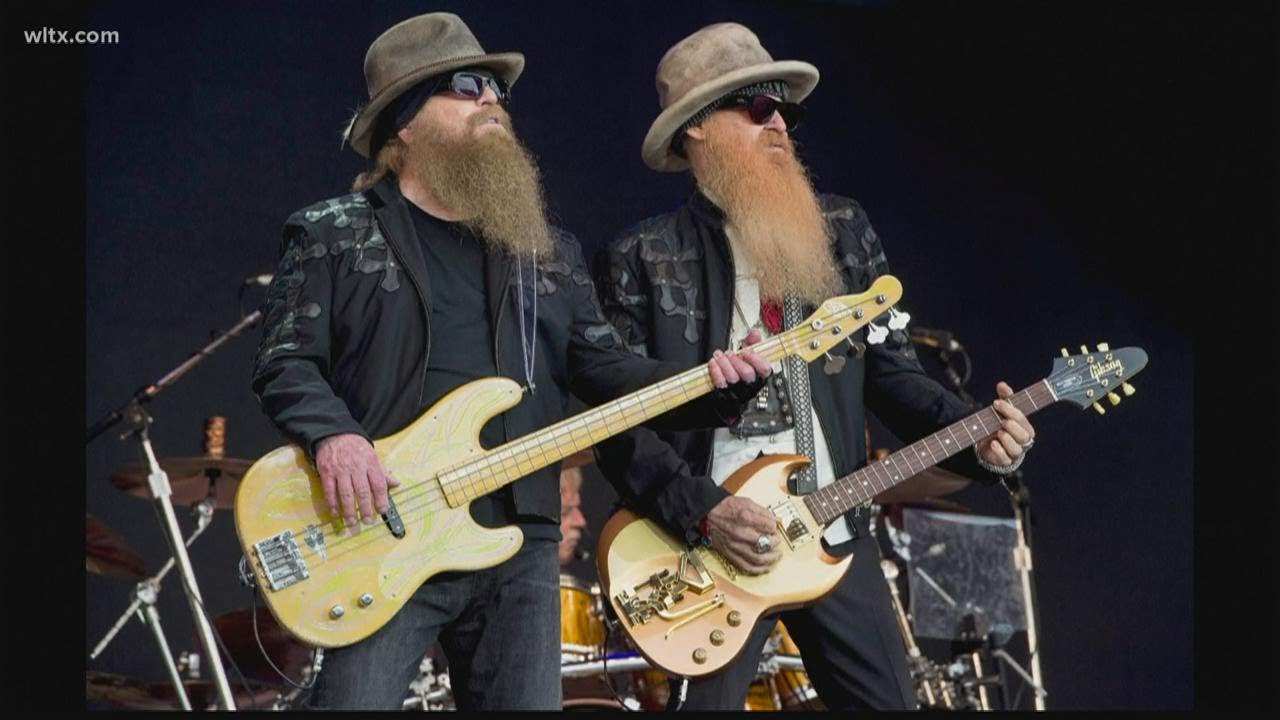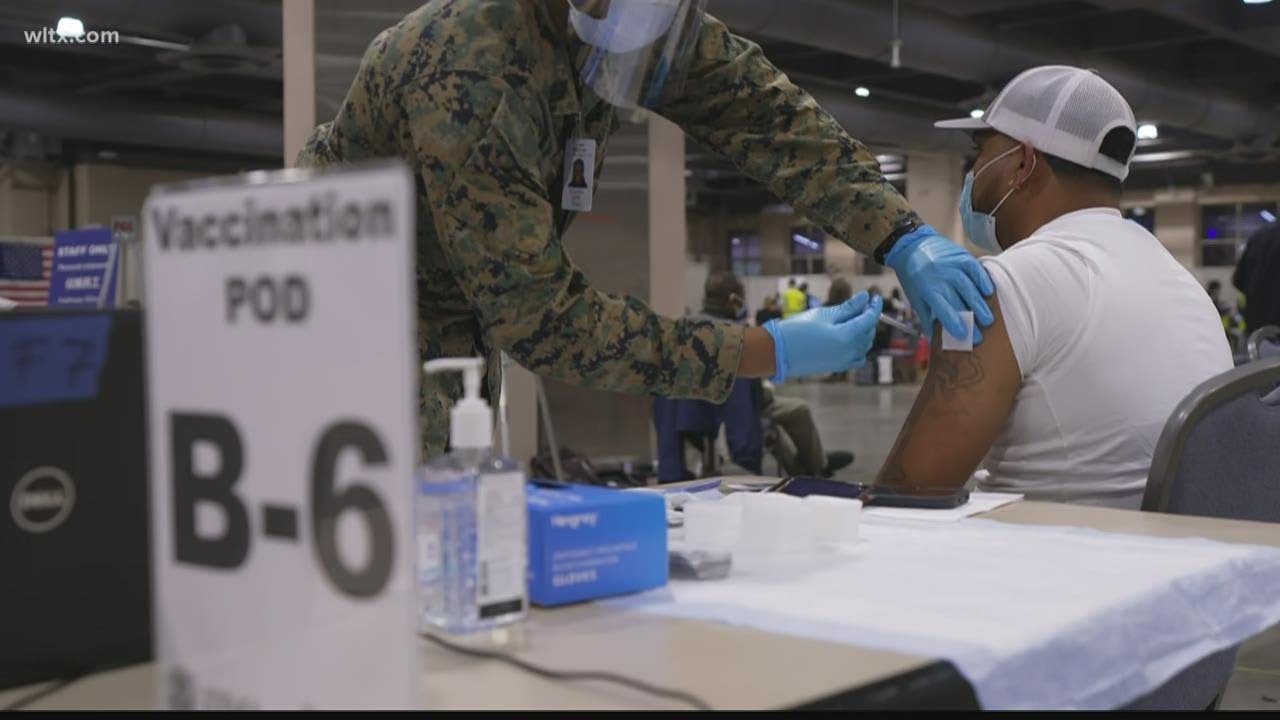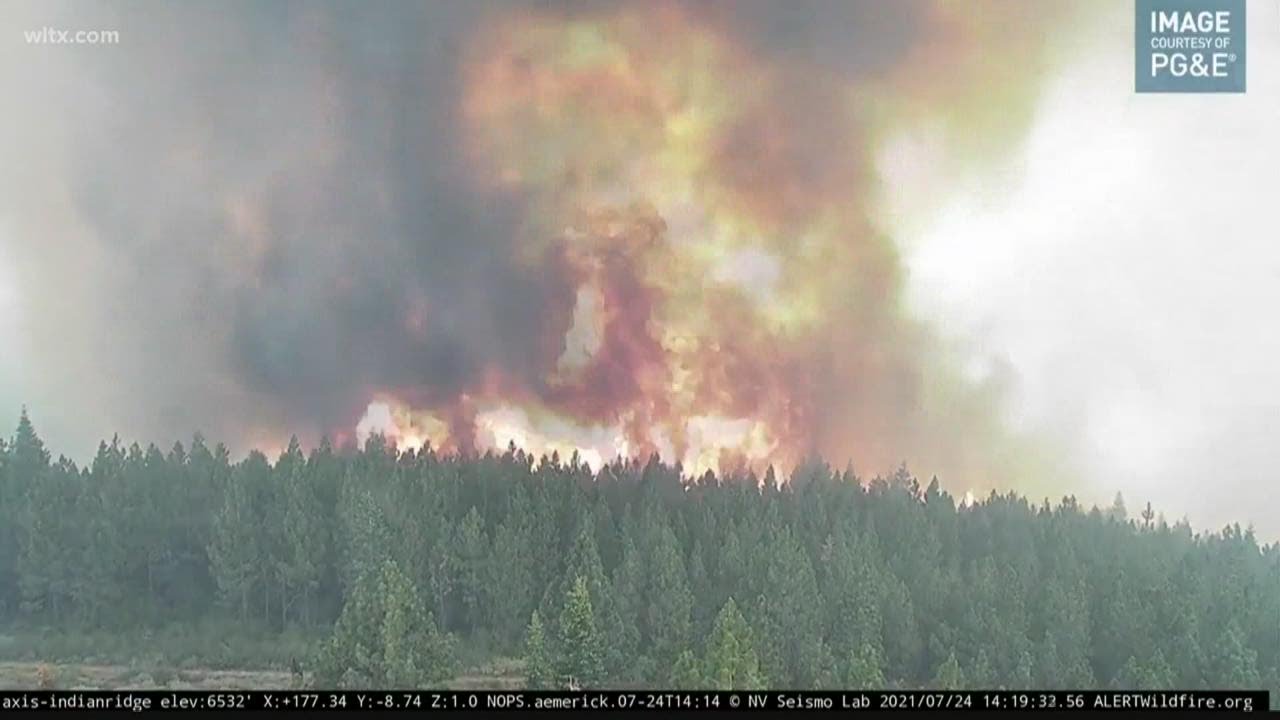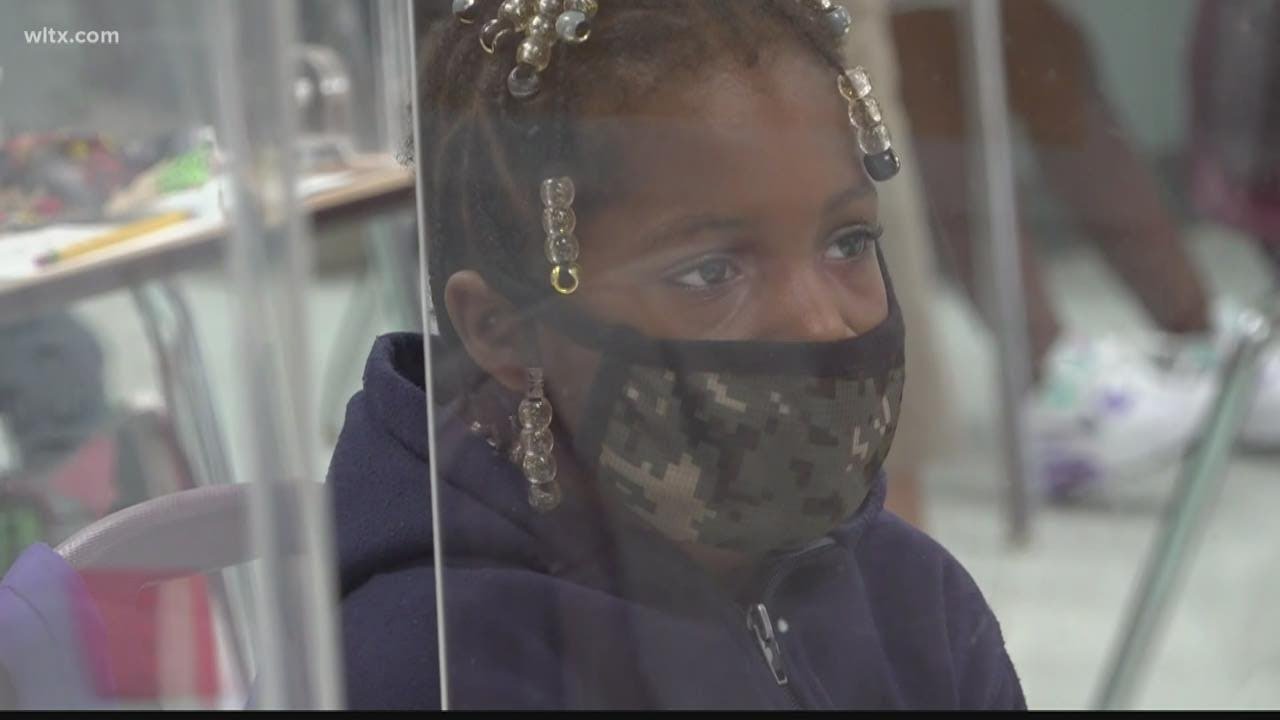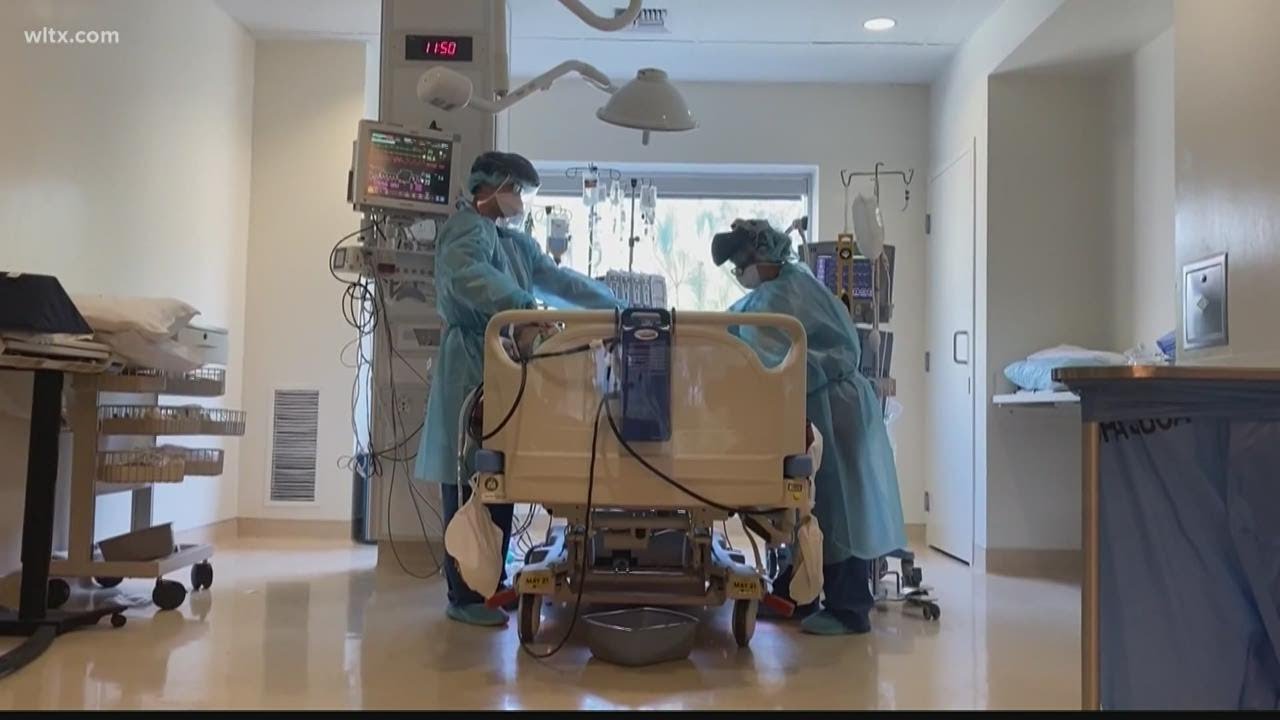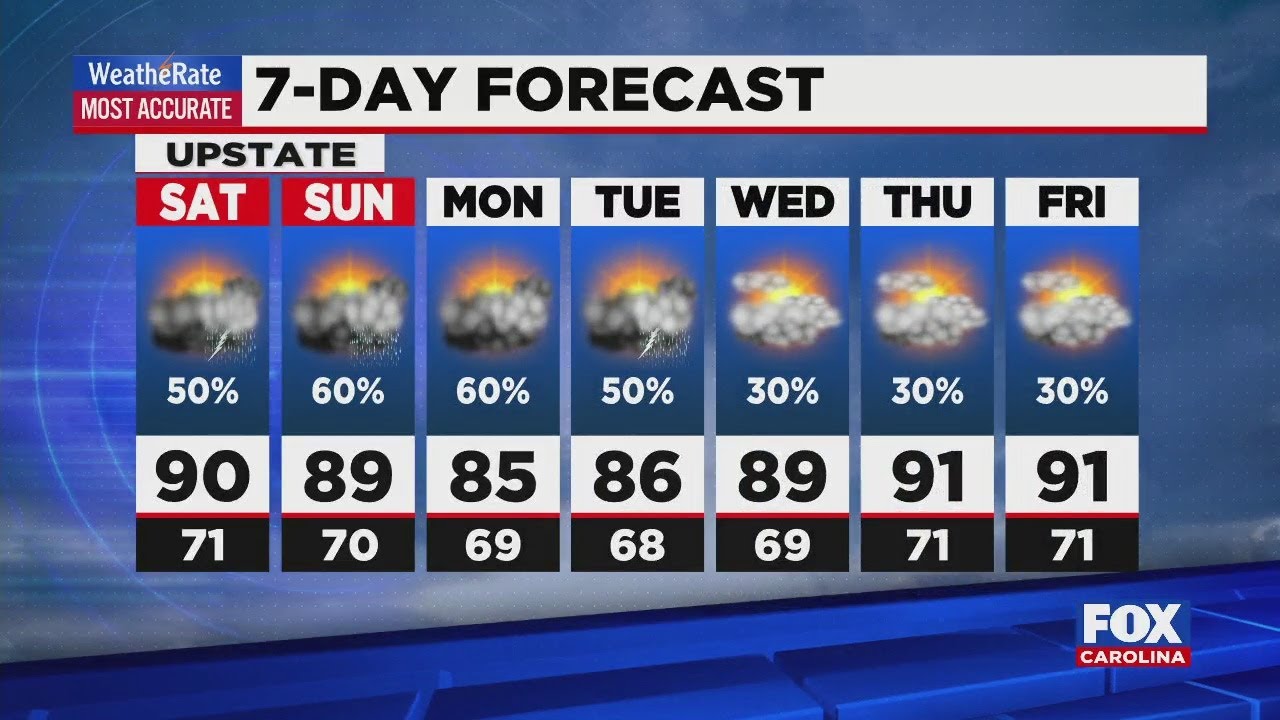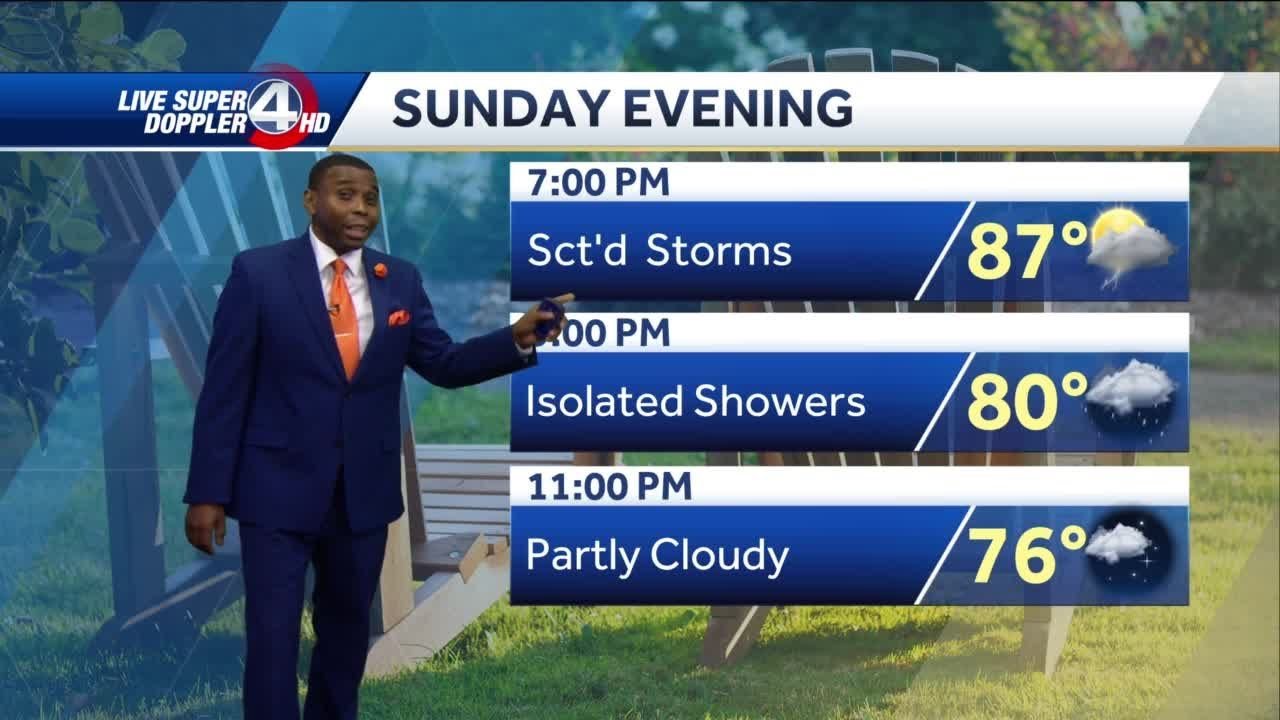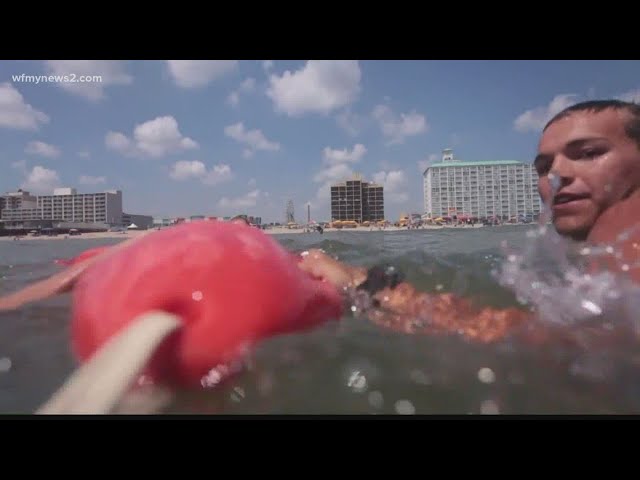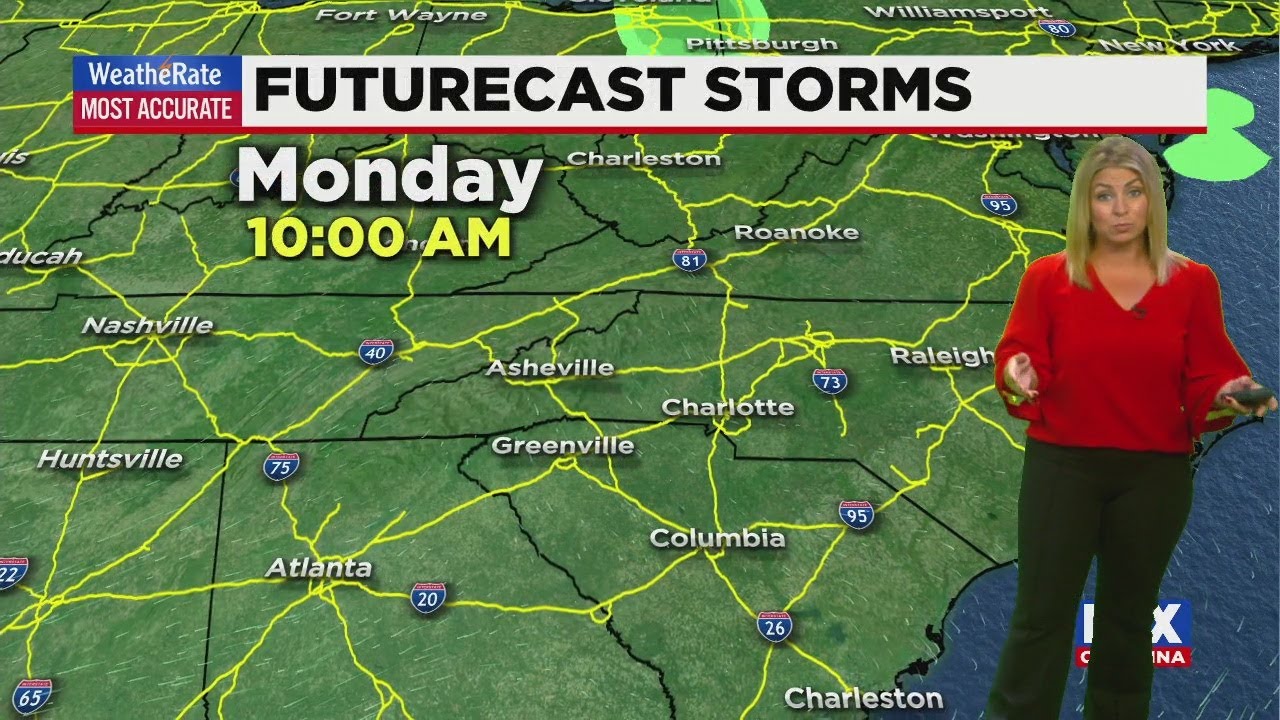‘Trump thought I was a secretary’: Fiona Hill on the president, Putin and populism
She was the White House’s top Russia expert catapulted to fame by Trump’s impeachment. She reflects on her journey from County Durham to Washington
by Julian Borger in Washington
In the last days before Washington was locked down, Fiona Hill was standing on the street on her phone dealing with a domestic crisis.
Hill’s daughter had become ill, it was unclear whether it was coronavirus (it later turned out to be regular flu) and the family had relatives flying in that weekend for a visit. As she paced up and down making contingency plans, passersby on Connecticut Avenue looked and looked again on recognising her. The British-born White House adviser had temporarily become one of the most famous faces in America after testifying in Donald Trump’s impeachment hearings in November.
As senior director for Europe and Russia in the national security council she had been an eyewitness to Trump’s encounters with Vladimir Putin, and to the White House machinations over Ukraine.
Her calm under pressure, her clarity of recall, and her evident expertise on all things Russian, confirmed what was already suspected: the president and his associates had conducted a parallel foreign policy towards Kyiv to further his political interests.
For many, Hill was a hero. The coalminer’s daughter from County Durham received offers of book contracts, requests for interviews and appearances.
For a few, however, she became a target because her testimony contradicted Trump. In the present era, that is enough. She sought police advice after receiving death threats, and this was one of her early sorties into public life after three months in seclusion. She was planning a cautious return to a normal existence at a Washington thinktank – a plan which was blown up with everyone else’s, by the looming pandemic and lockdown.
When we met in February, impeachment still felt the climactic drama of the Trump saga to date. After all, he was only the third president in US history to be impeached, and the details of his attempt to shake down the Ukrainian government by withholding US aid until it produced damaging information about Trump’s political rival, were stunning.
But a couple of months on, all this was a dim memory, and the Ukraine scandal appears trivial compared with what followed. More than 100,000 Americans had since died in a pandemic the administration was incapable of handling and unrest was spreading across the nation.
When we talked in May, Hill was back in seclusion but so was the rest of Washington. She was speaking from home, where she had an array of books spread around her feet. She had laid them out to try to piece together an explanation of why the three countries with which she was intimately familiar – the UK, where she was born; Russia, the country she had spent her life studying; and the US, where she has lived since 1989 and risen to the highest level of government – had all failed so spectacularly in handling the health crisis.
She is one of a handful of people to have stood at the nexus of these three disastrous governments, to have been in the room to witness Donald Trump, Vladimir Putin and Boris Johnson operate.
“It’s a story really about how the US, UK and Russia have all ended up in the same spot weirdly, not just in terms of Covid-19 but also populist politics and many of the same out-of-control inequalities,” Hill said.
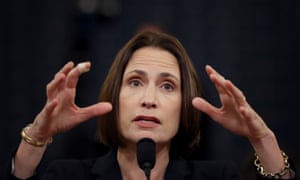
In her view populist governments are useless at handling complex problems of governance, almost by definition. If leaders are fit to govern, they generally don’t need populism to get elected.
“It’s all about style and swagger and atmospherics, with superficial solutions to things, with lots of sloganeering, and obviously dealing with a pandemic is pretty methodical and boring. It requires an awful lot of planning and logistical organization and you can’t just sort of do it on the fly with an ad hoc coalition.”
What interests Hill is how the three such different countries end up in the same boat, run by populists and significantly less able to cope with a pandemic than their neighbours. She believes the critical common factor is the heady rise, and then the catastrophic collapse, of heavy industry and the failure of their governments to manage the fall and cushion the impact on their people.
It is a story she feels destined to tell, as a child of deindustrialisation, growing up poor in the Durham town of Bishop Auckland at the time its mines and steelworks were closing down, destroying jobs, communities and shared identities.
Her father, Alfred, the son and grandson of miners, started work in the local colliery at 14, and lost his job when the mine closed down in the 1960s. He spent almost all the rest of his working life as a hospital porter, but to the end, thought of himself as a miner. He suffered from chronic ill health in part because of growing up in a condemned building.
Her mother, June, was a midwife, and still lives in Bishop Auckland.
Hill sees unexpected parallels between the UK and Russia when researching a book she co-wrote on post-Soviet industrial collapse in Russia: The Siberian Curse: How Communist Planners Left Russia Out in the Cold.
In both the UK and Russia, the planners had built new towns as part of the great industrialisation drive, which suddenly had their economic lifelines cut off and were left to wither.
Hill felt another echo when she visited the American midwest, where her in-laws lived. The great cities built on steel and automobiles had died, leaving hollowed-out communities.
“For a lot of people there was no social mobility whatsoever,” Hill said. “I’ve seen that same phenomenon here, and also in Russia – people have got stuck – stuck in place both metaphorically and physically.”
In all three countries, the government did little to mitigate the pain, leaving afflicted families to move to where the jobs were. In practice, the barriers to mobility – vast distances and bureaucracy in Russia, house prices in the UK – kept them anchored. Even in the US, the bursting of the housing bubble in 2008 made movement harder.
And in all three countries, the ties of family obligations and social networks kept people rooted in place without prospects, and educational opportunities to change your destiny have withered away.
“Education becomes the purview of the elite. You start to see all educational opportunities confined in a certain income bracket or region,” Hill said. “Just as in the UK, in the north and other places where the economy collapsed and the tax base eroded, it’s the same in the United States. Local education authorities can barely make ends meet, and the same goes for Russia. So big swaths of the population in all three countries don’t have the skills that are transferable.”
In 1970s Britain, the village where Hill’s grandparents lived was deemed no longer viable and cut off from bus routes and other council services. The family had to walk to bring home their shopping. When the mines closed, moving south was not an option for her father.
“If you’re in the north of England it’s probably easier to move to Australia, Canada or America and start again, like some of my family did, rather than trying to find a job in the south,” Hill said. “House prices in the north-east were so ridiculously low vis-a-vis in London or the south.”
Alfred Hill did look into emigrating to work in the coalmines of Pennsylvania’s Lehigh Valley. There was a long history of immigration from Durham to America. George Washington’s family came from there, as did Jeremiah Dixon, a surveyor who helped draw the Mason-Dixon line. Stan Laurel’s father ran a music hall in Bishop Auckland where Hill’s great-grandfather performed a vaudeville act.
Alfred ultimately decided he could not leave his mother, but his daughter did manage to escape. Her academic gifts took her to St Andrews University to study history and Russian but felt Britain’s fine mesh of class distinctions still held her back.
Introducing herself to the House intelligence committee conducting the impeachment hearings, she said: “I grew up poor with a very distinctive working-class accent. In England in the 1980s and 1990s, this would have impeded my professional advancement.”
The memories of some humiliations are still fresh decades later, like her interview for a place at Oxford University in 1984, when another candidate mockingly offered to translate for the benefit of the southerners.
“When it was my turn to go to the interview one of the girls stuck her leg out and I tripped over and busted my nose on the door frame,” Hill said. “So – one humiliation after another. I just couldn’t believe it. It was like some bad movie … I felt like Billy Elliot.”
The idea of making a career in Britain appeared daunting.
“If I lived in the south, or had gone to school down here, I might have stayed in Britain. It might have seemed more feasible,” she said. “But when you’re coming from the north of England, you are completely network-poor – you have no idea of how to go about it. It’s all about mentorship and connections.”
In place of a network, Hill had karma and a certain amount of luck. A chance meeting with a US academic on a work trip to Russia led to her to try for a place at Harvard. At the interview in London, only she and another northern girl, a farmer’s daughter from Sunderland, took the time to chat to the secretary. It turned out that the secretary was part of the selection panel, and it was the two northerners who won the fellowships.
It is her first-hand experience of exclusion in Britain, Hill says, that has helped her to appreciate the powerful appeal of populism. It fills a void.
“Populism provides a narrative for people who have lost their identities that were tied to meaningful work,” she said. “When people lose that then they’re looking for something. There’s a feeling they’ve been robbed and deprived of a golden age, and they want that back and populist politics feeds upon that, and provides scapegoats for losing it.”
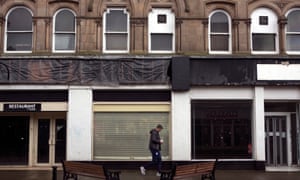
Bishop Auckland voted 61% for Brexit. And just as people voted against the seemingly self-evident advantages of the European Union, Hill said they can vote away pillars of the liberal democracy and elect authoritarian narcissists in its place.
“Liberal democracy hasn’t been delivering,” she argued. “If I go back to my home town, it’s still no better than it was when I was growing up in terms of opportunity. The shops are boarded up in the main street. Nothing new is coming in. There’s just no kind of sense of optimism. And when I visit my relatives here in the US in Wisconsin and other places, there’s a lot of sense of: the rest of the world is kind of moving on and leaving us behind. People see that as being closely associated with liberal democracy.”
Given everything that Hill knew and understood about the threats to democracy from populism and Putin’s Russia, some of her friends and colleagues were astonished when she went to work for Trump in the early months of the administration, with one accusing her of “aiding and abetting a criminal enterprise”.
“That was the general thrust. They were telling: You really shouldn’t do this,” she said. She says she felt obliged to do what she could to address the dangerous volatility of the relationship between two nuclear-armed states.
“What I was most worried about was the toxicity of the issue of Russia. I mean I really felt that actually that was one of the reasons why I should try to do something,” she said.
“You have to be able to balance off deterrence with some forms of engagement to be able to move things in a different direction.”
She was recruited into the Trump administration by KT McFarland, a Fox News talkshow host who had been made deputy national security adviser. McFarland had had Hill on her show several times to talk about Russia and Putin (Hill is the co-author of a well-regarded portrait of the Russian president, Mr Putin: Operative in the Kremlin.)
Now she was inside the White House, McFarland wanted Hill at her side giving Trump briefings on Russia, as she had done for George W Bush and Barack Obama.
“I think honestly, they got this idea initially that I could sit down with the president and do a bit of a spiel on Putin but it just never worked out like that,” she said. “He just wanted to get on with it himself.”
Hill’s first Oval Office encounter with Trump was inauspicious. It was on 3 April 2017. She was on her first day of orientation, but there had been a terror attack on the St Petersburg metro and she was called in to brief the president.
She remembers only having her running shoes on, having left home in a rush, leaving her work shoes behind, and trying to hide her feet under her chair. She need not have worried.
“Trump didn’t look up when I came in and I don’t think he looked up the whole time I was giving my spiel about the terrorist attack,” Hill said. The president was busy writing something on a pad on his desk. “And then Ivanka came in and sat down next to me, the first thing she did was look at my shoes.”
The next meeting with Trump was even worse. McFarland tried to introduce her to the president in a crowded room and tell him she was his senior director for Russia, but Trump just waved towards the secretary of state.
“He said: Rex Tillerson is working on Russia, and I thought: this is not going to work,” she recalled. “I never really imprinted.”
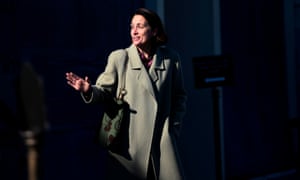
That much was clear on her next visit to the Oval Office. Trump was making a call with Putin, and as is customary, relevant White House officials were sitting around the president’s desk.
Hill had listened to what the Russian president had said and was preparing some notes of analysis, when she suddenly became aware everyone was looking at her. Trump had decided he wanted a press release and assumed Hill, one of the few women in the room, was there to type it up.
“The president thought I was part of the executive secretariat taking notes,” she said. “He was basically saying: ‘Can she go do this?’ and I had no idea what they’re talking about. I was like a deer in the headlights, and thinking: You’re talking to me?
“It’s not like the first time I’ve been mistaken for a secretary. I’ve been mistaken for many things, believe me,” she said.
The incident was leaked by enemies of Trump’s second national security adviser, HR McMaster, who hoped to show him as out of step with the president.
“There were these internal knife fights which I was pretty much unaware of,” Hill said. In particular, there was a struggle of who should have a role in Syria policy. “A lot of this stuff which is described as policy is really all about personal fighting … And it’s kind of a comedy of errors, with all this intriguing. It’s very reminiscent of Kremlin intrigue and the kind of intrigue around No 10 in the UK – people always trying to do each other in.”
For the record, she is dismissive of the Manchurian Candidate theory that Trump was somehow controlled by Putin through the use of kompromat. She knew Christopher Steele, the former MI6 officer, from an earlier job in the national intelligence council. He was her counterpart, and she was taken by surprise when his dossier on Trump and Russia emerged.
She argues Trump’s desire to forge a personal relationship with Putin is no different from his approach to the North Korean leader, Kim Jong-un, or the Chinese president, Xi Jinping, or Israel’s prime minister, Benjamin Netanyahu.
“He wants to be like he was as a CEO, he has all these discussions with people in private … He has a very informal style with everyone. Putin is similar. He just tries to engage with people in the way that he thinks kind of fits them best,” she said. “Boris is the same. It’s like the guy in the pub. It’s less getting into the weeds of the substance in some sort of formal way, and more two guys talking.
“Trump just wants to sit down with the guy, whoever it is, and create personal chemistry and then everyone else works out the details,” she said. “He wanted to treat Putin the same way he treated Xi or Netanyahu. He wanted to be able to pick up the phone and talk to them.”
But Putin could not be treated like the others. The Trump campaign had dozens of contacts with Russian officials or Kremlin intermediaries, and the candidate had appealed to Moscow to interfere in the election by hacking Hillary Clinton’s emails.
Furthermore, as Hill made clear in her biography of him, Putin has taken all the skills of his long KGB career with him to the Russian presidency. And the Kremlin was constantly outmanoeuvring the White House, arranging events so that Trump would be alone with Putin with only the Russian president’s translator in the room. The state department, which stuck to rigid protocol rules on whose translator should be where and when, was being played.
“Putin doesn’t operate like that. Putin takes translators with him for every occasion,” she said. “The Russians are incredibly organized. They take advantage of every opportunity, every vulnerability, every open door they can walk through.”
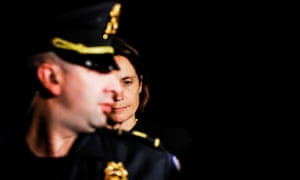
In her efforts to have US career officials included in Trump’s meetings with Putin, she found herself facing determined resistance from inside the president’s entourage, as they became more and more distrustful of career officials as disloyal potential whistleblowers.
“I was saying to the people around him it’s the president’s own security here, because then they [the Russians] can say that he said things that he didn’t say. And they did that repeatedly,” she said. “They could be recording things in big meetings like the G20 where we don’t control the site. It gave Russians unnecessary leverage, and made it much more difficult for us to get ahead of things.”
In the end, events got ahead of Hill and many of the people she worked with at the national security council. As 2020 has shown, Trump has few if any advisers ready to push against his impulses. He has torn up one arms control agreement after another with the result that in less than a year’s time, there could be no limits left on the world’s major nuclear arsenals. And Trump’s politics of division have spilled out in the streets of US cities, where liberal democracy appears ever more in jeopardy.
Hill sees some hope for the future in citywide grassroots activism, to confront the climate crisis, the coronavirus, poverty and inequality. But those are more aspirations for the future. Right now, in Washington, London and Moscow, it is the populists who have the upper hand.


